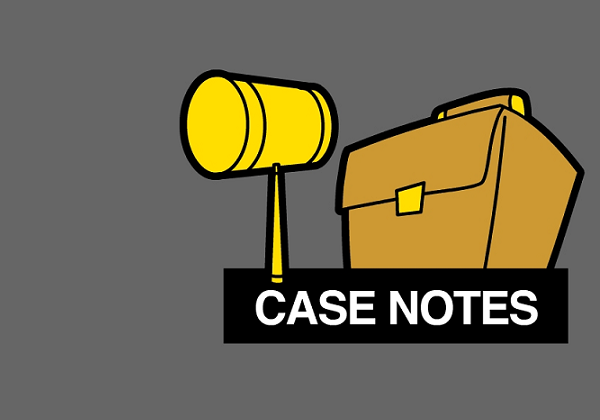Access to justice is a fundamental human right. There should be no doubt whether one is procedurally entitled to file a case or not because lawyers and litigants rely on judicial precedent to guide their conduct in litigation.
Rule 137 of the Rules of the Federal Court states as follows:
For the removal of doubts, it is hereby declared that nothing in these Rules shall be deemed to limit or affect the inherent powers of the Court to hear any application or to make any order as may be necessary to prevent injustice or to prevent an abuse of the process of the Court.
The Federal Court in a series of inconsistent decisions have caused much confusion as to whether Rule 137 allows a review of its previous decisions.
In the most recent (Jan 18, 2012) reported case Simpang Empat, the Court held that Rule 137 could be invoked. On the Bench were Sharif, Maarop and Lah FCJJ.
On Jan 26, 2012, V. Anbalagan of the NST reported that in Panflex, the Court held not:
The apex court says it cannot review its own judgments
A FEDERAL Court bench has ruled that it is unconstitutional and illegal to review an earlier judgment of the apex court.
Federal Court judge Tan Sri Mohd Ghazali Mohd Yusoff said the Constitution and the Courts of Judicature Act (Coja) 1964 did not provide the apex court the jurisdiction to review such substantive matters.
“This court cannot sit as a court of appeal,” Ghazali said in his judgment, which dismissed a review application by Panflex Sdn Bhd over a breach of contract case decided last year.
He said paving the way for a appeal would open the floodgates and cause further uncertainty in the law.
“It would be intolerable and most prejudicial to the public if cases, once decided by the Federal Court, could be reopened and reheard.”
The judgment was made available on Jan 16.
Judges Datuk Hashim Yusof and Datuk Ahmad Maarop were the other members who reached the unanimous decision.
Ghazali said the Rules Committee, which enacted Rule 137 of the Federal Court Rules, could not confer jurisdiction to the Federal Court to review its own ruling.
The panel also indicated that only a constitutional amendment could confer authority to the Federal Court to reopen a matter already decided.
Ghazali, who retires tomorrow, said the apex court was the “court of last resort” after the right to appeal to the Privy Council was abolished.
He said unlike India, the Malaysian Constitution did not empower the Federal Court to review its own decision.
Ghazali said the Constitution only allowed the Federal Court to hear matters by way of reference from a High Court, by the Yang di-Pertuan Agong for a legal opinion or by federal law.
He said Coja was a federal law and the Federal Court was only empowered to hear leave to appeal applications and civil appeals.
There have been conflicting decisions by several Federal Court benches whether Rule 137 could be relied upon to rectify an injustice or abuse of the court process.
Malaysian Bar president Lim Chee Wee said Ghazali’s judgment was inconsistent with previous Federal Court decisions.
He said in at least two judgments, the apex court, among others, had held that in order to succeed under Rule 137, the applicant must show that there was injustice.
“A court of final instance must be equipped with residual jurisdiction to rehear its own earlier decision in a fit and proper case, but it must be done in exceptional cases.”
Lim said the uncertainty caused must be resolved by another enlarged Federal Court bench.
On the Bench were Ghazali, Hashim Yusoff and Maarop FCJJ.
With regard to using Rule 137 to review previous Court of Appeal decisions, a similar pattern has now arisen.
It was thought settled that litigants could not rely on Rule 137 to review Court of Appeal decisions: see Sia Cheng Soon (2008) not following Eric Chia.
On Nov 14, 2011, this position changed. The Federal Court in the Kota Siputeh case reinstated Eric Chia and held that Rule 137 may be used. On the Bench were Makinudin, Hashim Yusoff and Maarop FCJJ.
Reading Panflex and Kota Siputeh together as being the latest Federal Court pronouncements on the issue, the net result is that Rule 137 may be invoked to review previous Court of Appeal decisions but not previous Federal Court decisions.

